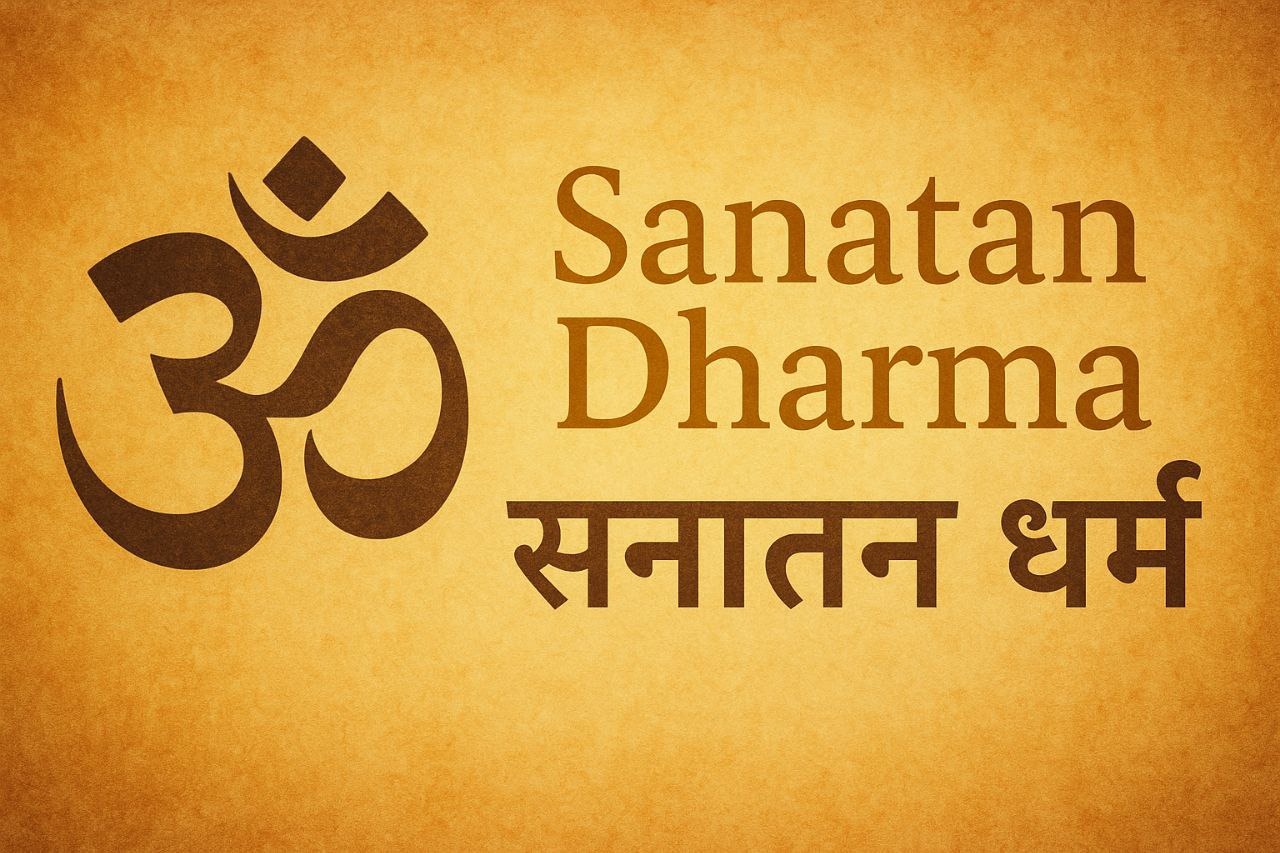Mahabharata and the Complexity of Dharma: Lessons for the Modern Mind

The Mahābhārata, more than an epic, is a vast ocean of existential, moral, and spiritual inquiry. Unlike the Rāmāyaṇa, which offers an idealistic view of Dharma, the Mahābhārata explores Dharma in its most complex, layered, and situational nature. It does not offer simplistic binaries of right and wrong, instead, it presents a tapestry of conflicting duties, moral grey zones, and ethical paradoxes that reflect the human condition in all its intensity.
“In the thickest of dilemmas, Dharma does not wear a single face.” ~ Adarsh Singh
🧭 Dharma is Not One-Dimensional
At the heart of the Mahābhārata is the question:
What is Dharma?
Bhīṣma himself tells Yudhishṭhira in Śānti Parva:
“धर्मस्य तत्वं निहितं गुहायां”
“The essence of Dharma is hidden in a cave (i.e., subtle and difficult to grasp).” ~ Mahābhārata, Śānti Parva 109.11
This subtlety is evident in almost every major decision faced by the characters:
Yudhishṭhira's lie (“Aśvatthāmā hataḥ”) during the war, an untruth spoken for the greater good.
Draupadī’s humiliation in the royal court, raising ethical questions about silence, responsibility, and the role of elders.
Arjuna’s moral paralysis in the Bhagavad Gītā, a warrior torn between kinship and duty.
These events are not merely episodes but mirrors reflecting inner moral conflict, where Dharma must be discerned, not dictated.
📜 Dharma During Crisis: The Doctrine of Āpad-Dharma
The Mahābhārata introduces the principle of Āpad-Dharma, Dharma under exceptional or calamitous conditions.
Bhīṣma explains:
“In times of peril, even acts normally condemned become virtuous when performed with a righteous heart.”
~ Mahābhārata, Śānti Parva, Adhyāya 142
For instance:
A Brāhmaṇa, forbidden from trade or warfare, may take up arms or commerce in times of famine or social collapse.
A Kṣatriya may abandon battle momentarily to protect civilians or family.
Yudhishṭhira’s gambling act, though condemned, is portrayed as part of divine destiny and cosmic design, again, showing Dharma's unpredictability.
This flexibility doesn't undermine Dharma, it honors its spirit over its form.
⚖️ The Dice Game: A Dharmic Enigma
The infamous dyūta-sabhā (dice game) where Yudhishṭhira loses everything, including his brothers and wife, presents a core philosophical dilemma:
Was Yudhishṭhira right in accepting the invitation?
He was caught between:
Kṣatriya Dharma (honoring a royal challenge)
Family duty (protecting Draupadī and his brothers)
Moral Dharma (knowing the game was deceitful)
Yudhishṭhira failed by adhering to the letter of Dharma, not its spirit. And yet, the epic does not outright condemn him, it holds up a mirror for the reader to reflect.
“Dharma is not always what pleases the world. It is what preserves the world.” ~ Adarsh Singh
🗡️ The Gītā’s Revolution: Dharma as Sva-Dharma
In the battlefield of Kurukṣetra, Arjuna’s dilemma represents the climax of Dharma's complexity.
He questions:
“How can I kill my own teachers, cousins, and grandfather?”
Śrī Krishna responds not with commandments, but with a revelation:
“Sva-dharma over para-dharma.”
“Better to die doing your own Dharma poorly than doing another’s Dharma well.” ~ Bhagavad Gītā 3.35
Here, Dharma is not a code, it is an inner alignment, a calling that transcends superficial rights and wrongs.
🕊️ Compassion and Dharma: The Tale of the Butcher (Vyādha Gītā)
A lesser-known episode in the Mahābhārata is the Vyādha Gītā, where a humble butcher instructs a renunciate Brāhmaṇa on Dharma.
The butcher, living amidst worldly duties, says:
“Doing your duty with compassion is higher than renunciation.”
~ Mahābhārata, Vana Parva, Section 213
It’s a radical idea, that Dharma is not about what you do, but how you do it.
“In the Mahābhārata, a butcher may be more dhārmic than a monk.”
~ Adarsh Singh
🧘 Embracing Dharma's Paradoxes
The Mahābhārata does not hand out moral certainties. Instead, it equips us to navigate the fog of life, where multiple truths compete.
Its greatest lesson is that:
Dharma is situational, relational, and deeply personal.
It requires introspection, courage, and humility. It asks us to listen, not only to scripture but also to conscience, context, and the call of the soul.
“Dharma is not a road paved with rules, but a journey walked with awareness.” ~ Adarsh Singh
Thu Jul 24, 2025
